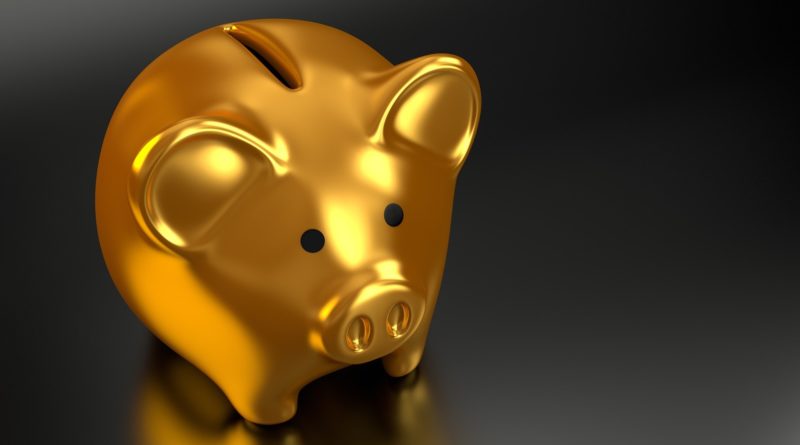How Important Is It to Have An Emergency Fund?
They say that love is more important than money; but have you ever tried paying your bills with a hug?
No?
I didn’t think so.
Unfortunately, the only people who say money doesn’t matter, are the people who have it.
No matter your social status, colour, race, job title, or sex; money matters. Whether it is for food, rent, education, transport, leisure or health, they all have a price tag attached.
Why Do I Need One?
While we love looking into ways to save you money, or ways your money can work better for you, it is so important to have a back up plan such as an emergency fund; should you ever need it.
Think of the following scenario. Your washing machine sprung a leak, and wasn’t insured. You need clean clothes, and unless you live near a launderette or a river, a washing machine is the most efficient option.
Another scenario. Your car has broken down. It has just been MOT’d, reinsured, and taxed. You work 25 miles away, public transport isn’t a feasible option, and a taxi is more than you can afford.
Two common but essential items, that without them, your life would be impacted significantly. With an emergency fund, at least you could buy a new washing machine, or pay a garage to fix your car.
How To Save?
How much you are able to save will massively depend on your current income vs your current outgoings. If you earn £1,500 a month, and only spend £500 on essential bills, you could easily put £500 away a month; whilst still having £500 to play with. If you earn £1,100 a month but spend £1,050 on essential bills, this only leaves you £50 per month to save.
But saving something – anything – is better than nothing.
There are no hard and fast rules when it comes to saving for your emergency fund, apart from one – be strict with yourself. Put the money aside where you are unable to touch it unless it is absolutely essential (and no, a Costa will never be classed as essential, #sorrynotsorry). If you put £20 away a week, don’t count that £20 into your spending money. Pop it somewhere out of reach; either in a bank, in a money tin, or even give it to someone you trust.
Check out ways to save money on your bills, your insurance, and your shopping. Make sure you are not paying more than needed for your electric, your phone, or even your new pair of shoes. This will help you maximise your money by having it stretch as far as it physically can. In turn, this could mean you end up with an extra £30 spare a month, which you can then put some of, or all of it into savings.
How Much Do I Need?
Again, there are no hard and fast rules here; just save as much as you can. Some people like to have 3 months’ worth of expenses saved up, some people like to follow the 50-30-20 rule. Other people like a percentage of their weekly/ monthly wage saved, or a set amount – £200, £500, or £10,000. Just remember, it’s for you – so the more you can save, the less you will have to worry in the long run should you ever need it.



